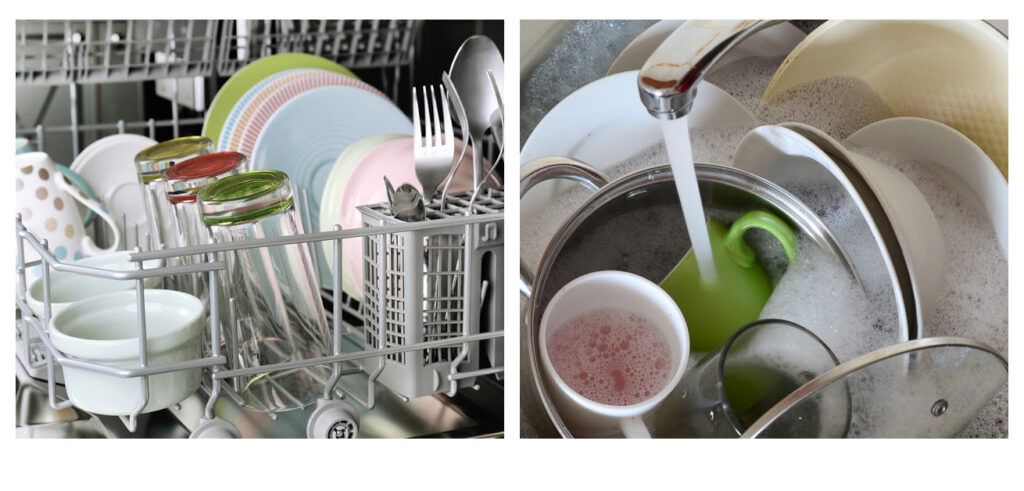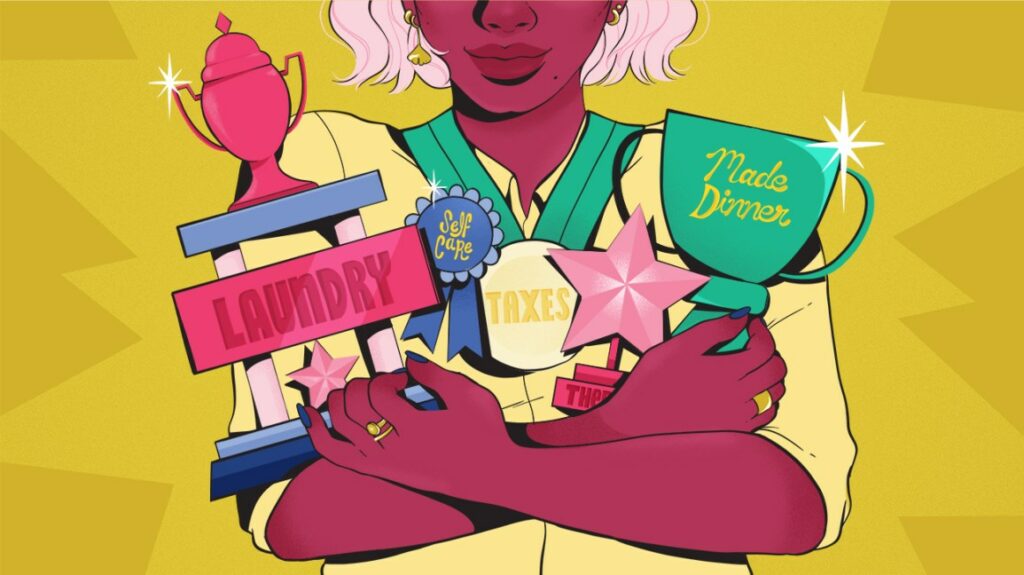1. What types of unpaid work do you engage in? Do you consider these to be ‘work’? Why or why not? [Be sure to demonstrate your comprehension of Doucet in your blog]
I am lucky to have no dependents, as such the unpaid work I do engage in is primarily what Doucet categorizes as housework (p. 187). Compared to my childhood, doing my own laundry and dishes, as well as grocery shopping and preparing my own meals certainly feels like ‘work’, but I hesitate to use the term ‘work’ to refer to the regular chores I engage in order to take proper care of myself. Instead, I feel the word ‘labour’ encapsulates the housework I do better. It is tedious, and necessary “behind the scenes” labour that I engage in, in order to sustain my lifestyle. Having done dishes in various living units, doing dishes at my current living space is more ‘work’ as I do not have what Doucet refers to as a ‘labour-saving device (p. 187).

In contrast, the task of laundering is easier today, as in previous living arrangements I had to travel much farther and would often carry my laundry to a laundromat a few blocks away. Another key factor to as why I do not consider the unpaid housework I do to really be ‘work’, is because it does not follow the gender divisions of labour. The tasks I do are what could be described as adulting (“the practice of behaving in a way characteristic of a responsible adult, especially the accomplishment of mundane but necessary tasks”), as such the tasks I do are genderless and should be expected of every capable and self-sufficient adult (Oxford Languages, 2021). However, if someone were to hire another individual to complete these “adulting” services for them, then depending on the service used, aspects of class and gender could arise. For example, I have often seen laundromats run by Asian ladies for whom English was not their first language. Whereas using a grocery delivery service would a delivery driver, who is usually male to pack and deliver the groceries. In this sense, one could argue that housework, even for oneself does constitute ‘work’ since that same labor can be paid for as a service performed by individuals other than oneself.

Regardless, of the choice, the goal would be to get the tasks completed so oneself can continue to live a certain quality of life, as such for me such tasks do not constitute ‘work’ and are simply a lifestyle choice. My lifestyle ascribes to conventions of “adulting” and therefore requires would I would describe as ‘labour’ but not ‘work’.
References
Albanese, P. (2014). Canadian families today: New perspectives (Third Edition) Oxford University Press.
England, B. (2020). [Illustration]. Greatist. https://greatist.com/grow/adulting-meaning-validation
Hunt, M. (2021). [Photograph]. Everyday Cheapskate. https://www.everydaycheapskate.com/washing-dishes-by-hand-vs-using-a-dishwasher/
Oxford University Press (2021). Adulting. In Oxford Languages. Oxford.

